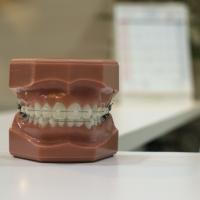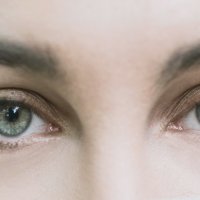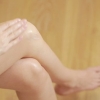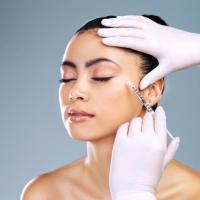Home > Blog > Skin and Body
Uneven Texture Alert: Bruxism's Jaw Tension and Its Impact on Your Skin Revealed!
Understanding Bruxism: The Hidden Culprit Behind Jaw Tension
Bruxism, commonly known as teeth grinding or jaw clenching, affects millions worldwide. This habitual condition often occurs during sleep, leading to excessive strain on the jaw muscles.
The Link Between Bruxism and Uneven Skin Texture
Bruxism doesn't merely impact dental health; it also manifests its effects on your skin. The constant pressure on facial muscles due to grinding can contribute to uneven skin texture, leading to premature aging and wrinkles.
Unlocking the Science: How Bruxism Affects Skin Health
The relentless grinding motion stresses facial muscles, triggering inflammation and micro-tears in the skin's underlying layers. Over time, this repetitive trauma disrupts collagen production, resulting in a loss of skin elasticity and firmness.
Combatting Bruxism-Induced Skin Woes: Effective Solutions
- Consult with a Professional: Consult with a dentist to address bruxism through custom mouthguards, which can alleviate pressure on the jaw and prevent further damage to facial muscles. Alternativelly, Botox for Bruxism it’s a more effective solution, as Botox injections help relax the jaw muscles, reducing their ability to clench and grind. This can alleviate the symptoms of bruxism and prevent further damage to teeth and facial muscles.
- Stress Management: Since stress exacerbates bruxism episodes, practicing relaxation techniques such as meditation or yoga can help reduce tension in both the jaw and facial muscles.
- Topical Treatments: Incorporate skincare products containing ingredients like retinoids, hyaluronic acid, and peptides to promote collagen synthesis and improve skin texture damaged by bruxism.
Preventive Measures: Safeguarding Your Skin Against Bruxism
- Maintain Proper Oral Hygiene: Regular brushing, flossing, and dental check-ups can prevent dental complications associated with bruxism, reducing the risk of skin damage caused by bacterial growth.
- Limit Stimulants: Minimize consumption of caffeine and alcohol, as these substances can exacerbate bruxism episodes and worsen skin texture irregularities.
- Stay Hydrated: Adequate hydration supports skin elasticity and regeneration, counteracting the dehydrating effects of bruxism-induced muscle tension.
Conclusion
Bruxism poses not only dental concerns but also significant implications for skin health. By understanding the relationship between jaw tension and skin texture, along with implementing preventive measures and seeking appropriate treatment, individuals can mitigate the adverse effects of bruxism on their skin, promoting a smoother, more youthful complexion. Remember, Your Skin Reflects Your Health: Take Care of It!
More to Read:
Previous Posts:






